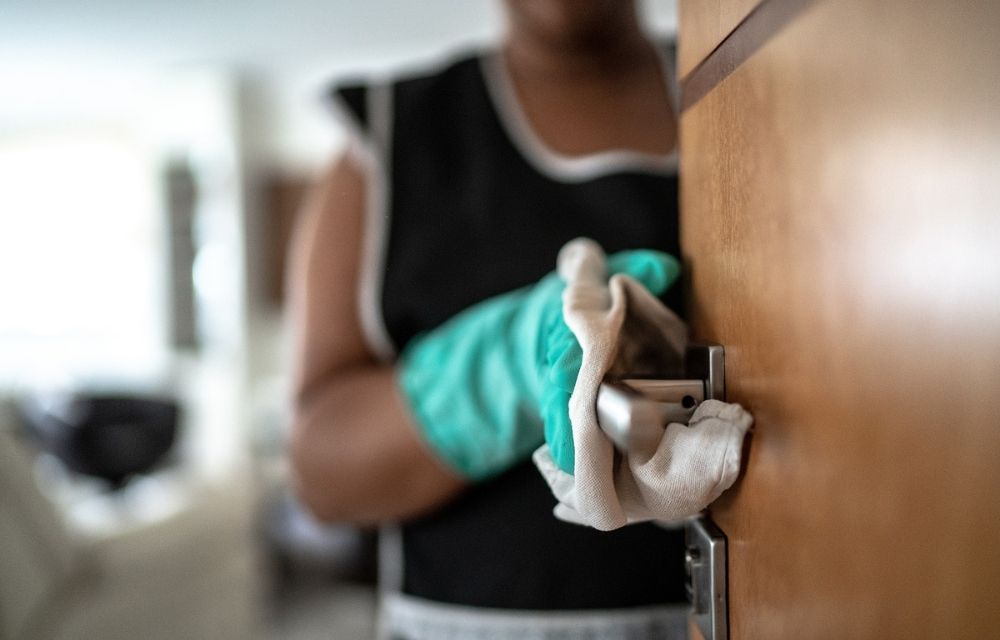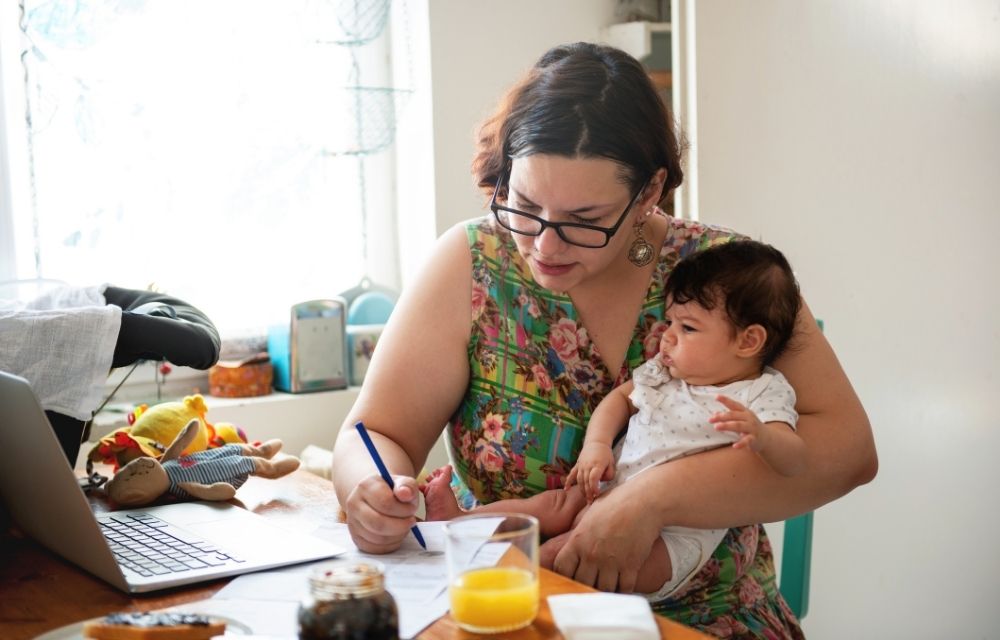
Toward an Inclusive Recovery
2021 Federal Reserve Community Development Research Seminar Series
In a matter of months, the COVID-19 pandemic erased a decade of economic progress. It exposed existing economic and health inequities faced by lower-income people and people of color. Millions of people—some for the very first time—experienced unemployment, housing instability, and other economic hardships.
As people return to work and our economy begins to expand, the community development field—including the financial, government, philanthropic, and nonprofit sectors—has an opportunity to collectively advance policies and actions that support an inclusive and equitable recovery.
Join us for a Federal Reserve Community Development Research Seminar Series focused on supporting an inclusive recovery. Each seminar in the series will present research illuminating an issue critical to our economy, and presenters will discuss how the community development field can use these findings to support a recovery that benefits everyone.
Session details
August 3, 2021
Improving Labor Force Attachment and Financial Security Among Low-income and Marginalized Workers
This seminar will focus on issues related to the employment experiences of low-income workers during the pandemic and how to improve the financial security of these workers.
October 21, 2021
Understanding and Empowering Women’s Economic Participation
This seminar will explore issues related to women’s economic declines during the pandemic and the ability of women to participate equally in existing markets, post-recession.
This seminar will present research examining the effectiveness of rental assistance programs in reducing housing insecurity among renters during the COVID-19 pandemic.

About the seminar series
The Federal Reserve Community Development Research Seminar Series is a forum for exploring the intersection of research, policy, and practice in the community development field. The Series expands access to high-quality research that informs stakeholders who are working to support low- and moderate-income communities and communities of color.








